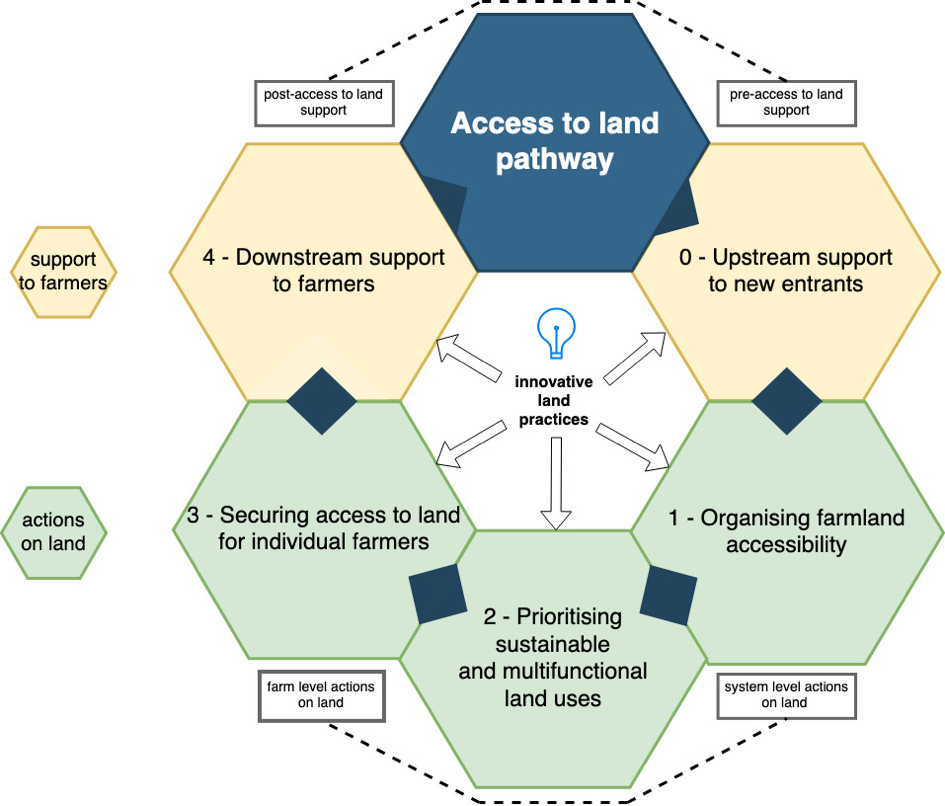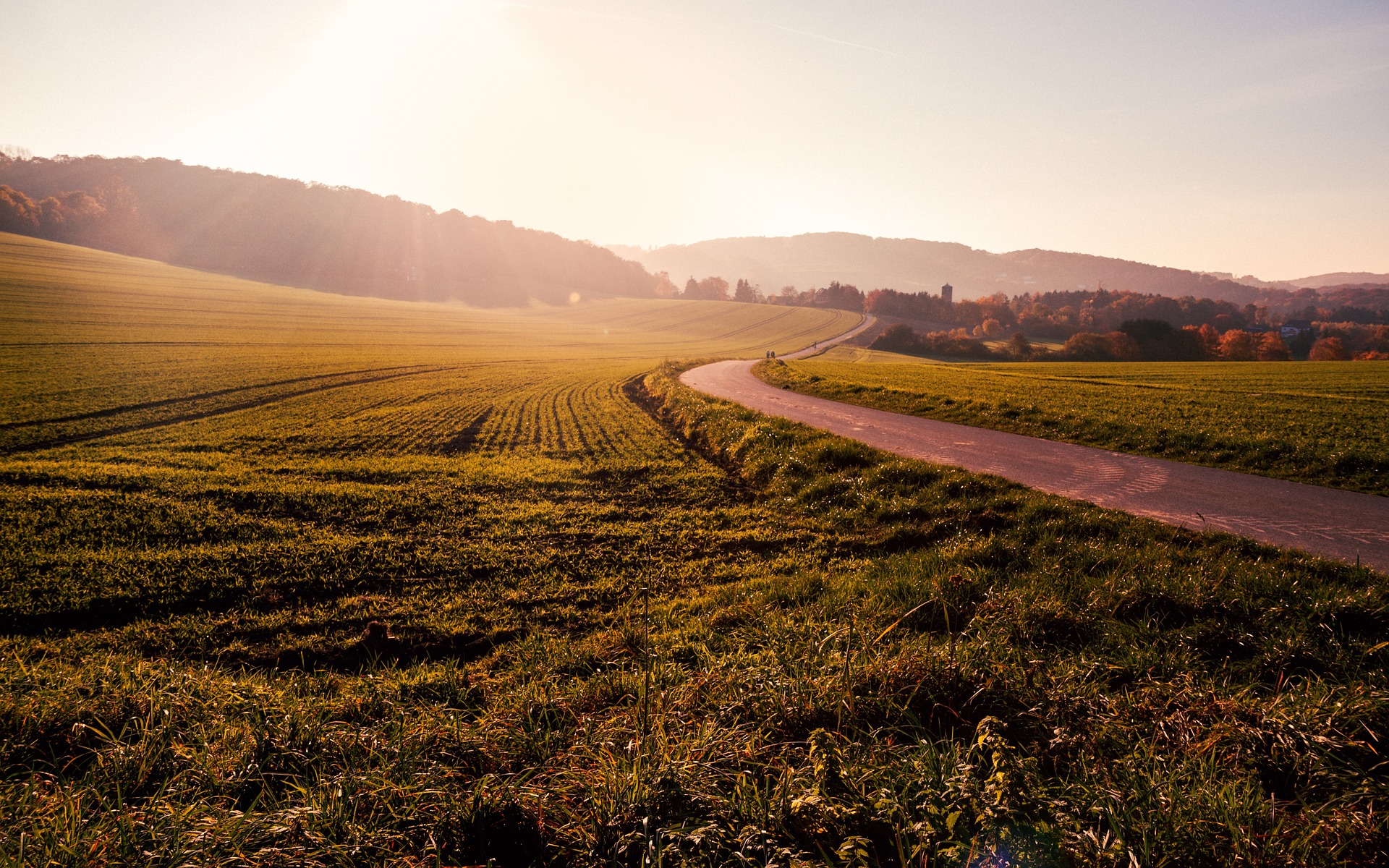In a new report submitted to the European Commission in October [1], the RURALIZATION consortium tackles the question of innovative land practices. Documenting 64 innovative practices across 14 European countries, the study explores how a variety of actors—farmers themselves but also citizens, local authorities, rural development organisations, and others—work for a better access to land and preservation of farmland in Europe.
The report proposes a cutting-edge analytical framework, showing how the innovative practices act along an “access to land” pathway; from helping train and shape new farming candidates, to organising better farmland accessibility, promoting secure land access for individual farmers and sustainable farming, and working to render agriculture viable and attractive.
These practices all contribute to an integrated, wide-encompassing vision of “access to land”, where small-scale and sustainable farms are given support to endure and to become, in the long run, accessible to a new generation of European farmers.
Between September and October 2020, the report’s analytical framework and preliminary conclusions were put in discussion in a series of meetings with stakeholders including 1) institutional actors, notably members of national rural networks; 2) practitioners, in particular national platforms on access to land or sustainable agriculture; and 3) researchers.

A total of 61 organisations across eight countries were consulted. In addition to generating national debate and engagement on the RURALIZATION problematics, the meetings helped review and enrich the report’s content. The three main results highlighted from this research are the following:
- Innovative land practices do not act equally on all types of land. In particular, land is more easily leveraged for the development of practices when it is already used for sustainable farming or that is managed by actors “close” to the practices—e.g. actors sharing the same goals or belonging to the same networks.
- Human and social capital is central to the development of innovative land practices. On average, the practices studied work with over 10 different types of partners each. They also place emphasis on generating more human and social capital through training, network building, and sensitising actions to involve a wider community of people in work for access to land.
- Access to land as promoted by these practices is a lever for rural regeneration and generational renewal. The practices documented in the study have a “systemic” impact, going beyond the agricultural sphere alone and encouraging local areas’ wider economic, social and environmental regeneration. Thus, in addition to the direct support practices provide to new farmers, they improve the general environment for new generations to settle in rural areas.
In conclusion, the report outlines potential solutions for the transfer and upscale of these innovations, such as adapting land regulation and CAP frameworks to better foster new entrants’ access to land, or boosting the role of local authorities and strengthening human capital on these issues. The report also describes a series of issues needing further research such as gender inequality in access to land.
In a next phase of work, RURALIZATION partners will use the study’s findings to develop in-depth pilot actions on emerging land topics to continue fostering a process of rural regeneration in Europe.
[1] The report will be made available on the RURALIZATION website soon, once formally approved by the European Commission.
Alice Martin-Prével
Terre de Liens



